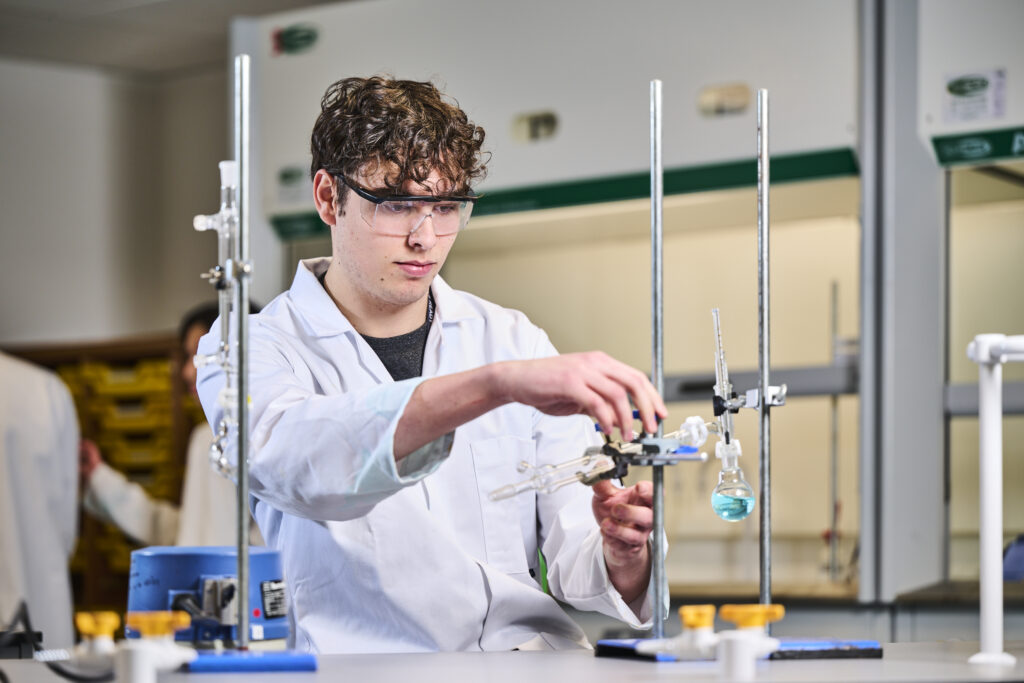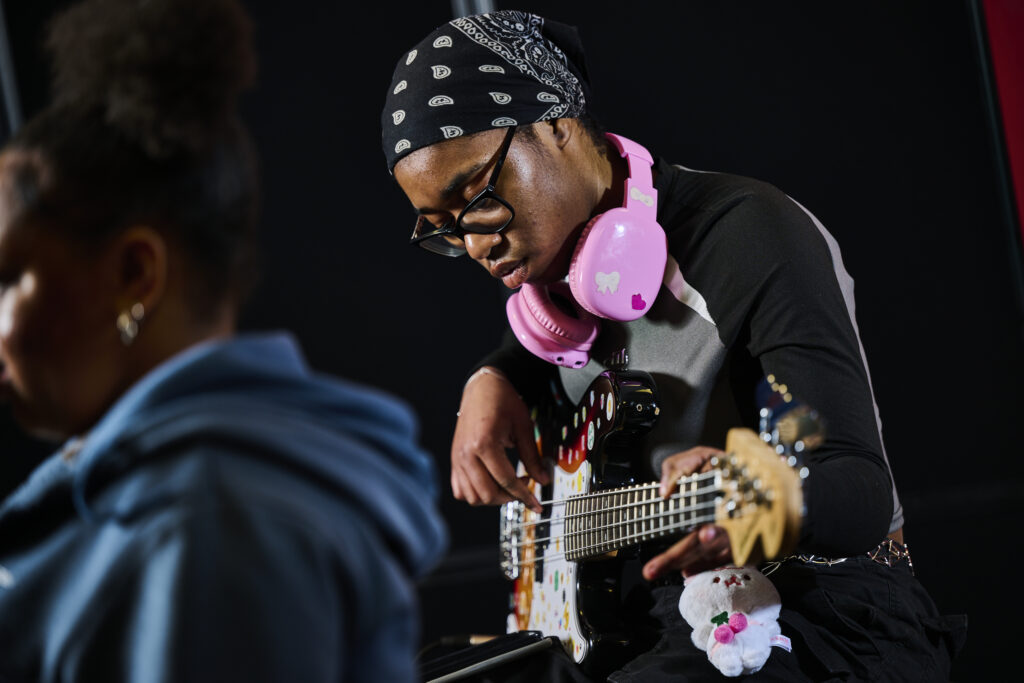This course is suitable for students who have studied physics as part of Combined or Triple Science at GCSE and have a keen interest in the physical processes operating in our Universe. Students need to have a firm grasp of mathematics (particularly algebra) and an enquiring mind.
A Level Physics takes you beyond GCSE to explore the fundamental principles of the universe in greater depth. You’ll study topics such as mechanics, thermal physics, waves, electricity and magnetism, and atomic and nuclear physics. The course challenges you to apply your knowledge in new ways while developing key skills like problem-solving, logical reasoning, and analytical thinking—perfect preparation for careers in science, engineering, or technology.
Modules:
Year 1: Working as a physicist (practical skills), mechanics, materials, waves, quantum physics and electricity.
Year 2: Working as a physicist (practical skills), further mechanics, simple harmonic motion, gravitational fields, electric fields, electromagnetism, nuclear physics, particle physics, thermodynamics and space.















